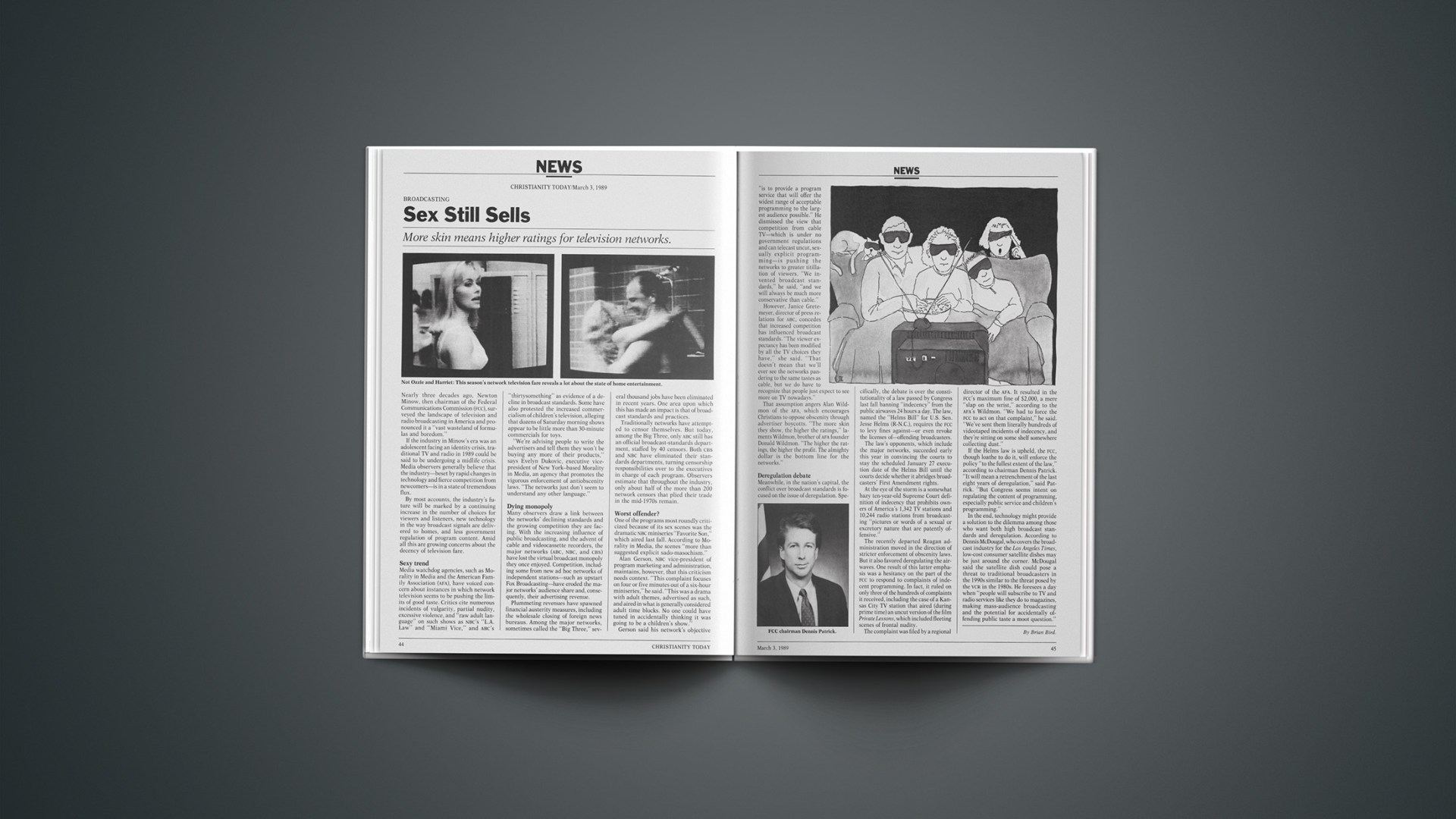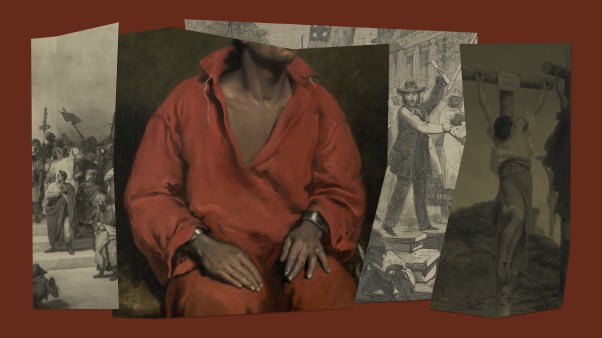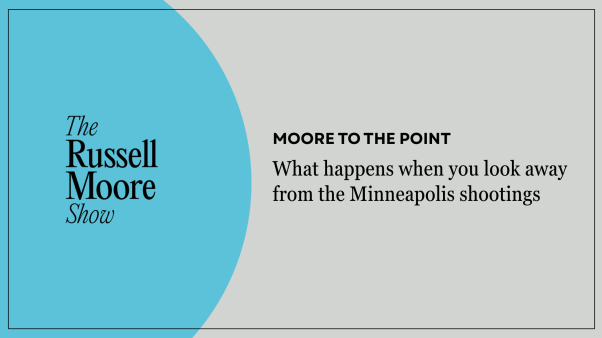Opinions differ as to how successful the National Religious Broadcasters’ new ethics and financial integrity commission (EFICOM) will be in monitoring NRB members. But with the commission at least three months from being implemented (see previous article), questions continue to be raised about the ethics of current NRB members.
A recent fund-raising campaign by the Denver, Colorado-based Bob Larson Ministries, for example, raised the eyebrows of insiders at that organization who believe the campaign may have tested the boundaries of Christian ethics.
Since 1972, when Bob Larson founded the ministry that bears his name, he has been warning Americans about the dangers of rock and roll, cults, and the general deteriorating condition of modern culture. Along the road from disc jockey to author to radio talk show host, he has built a $2.8 million ministry. Among the several books he has written is Larson’s Book of Cults.
The fund-raising campaign at issue revolves around what Larson told his radio audience on December 26 and 27 of last year. Via a taped announcement, he said he had been “ordered” to get away from the microphone due to stress. Further, he said he was worried that during his absence donations would decrease. “I need you to keep the vision alive,” he told his audience. “Without you, the vision of this ministry will die.” Larson then substituted previously aired programs for his live show, leaving the microphone for two weeks.
However, sources within the organization who were troubled by their participation in the appeal informed CHRISTIANITY TODAY that Larson’s absence was planned at least six weeks in advance. The sources, who asked not to be identified, suggested the announced absence was part of a planned “crisis campaign” designed to bring in funds.
Bonnie Bell, a spokesperson for the ministry, denied this allegation. She acknowledged that the ministry knew “sometime in December” that Larson “would be leaving the air under doctor’s orders.” She explained that, to some extent, “these things have to be planned,” adding, “You simply cannot walk away from the microphone on a program such as ours.” Bell said Larson sees a counselor weekly, due to the stress caused by his ministry. She offered to produce a statement from Larson’s physician indicating the rest was prescribed.
However, one of the sources who spoke with CT produced ministry memos indicating the ministry knew of Larson’s planned absence well before December. One memo, dated November 7, 1988, came from ministry employees and proposed a “crisis for the last two weeks in December” in which an announcement would be made that would “plead to the conscious [sic] and sympathy aspects of the listeners/donors.” As proposed, the campaign would “instill in the listeners/donors that BL [presumably Bob Larson] is a human being too.…” A November 11 memo from “BL,” apparently in response to the plan, stated, “I like the idea,” and subsequent memos indicate staff members, with Larson’s input, implemented the campaign.
Larson initially told CT the allegations were coming from an employee who was “extremely mentally unstable,” whom he fired. (That employee was fired approximately three weeks after contacting CT.) He then said he vaguely remembered someone from his staff suggesting a fund-raising campaign built around his need for rest, but denied approving the idea. He specifically stated there was not “one internal document or memorandum” proposing such a campaign, but later acknowledged, “There may have been a memo, though I’m not sure.”
When CHRISTIANITY TODAY informed Larson’s ministry that CT was in possession of a memo indicating Larson knew of and approved the idea for what the memo called a “crisis campaign,” the ministry referred the matter to Bill Abbott, an attorney representing Larson. Abbott acknowledged at least one of the memos that outlined the crisis campaign, but said ministry personnel could not find the November 11 memo (containing Larson’s alleged approval of the campaign), and suggested it may have been forged. However, those who supplied information to CHRISTIANITY TODAY insisted the memos are authentic.
By Lyn Cryderman.










